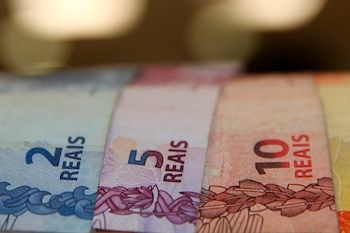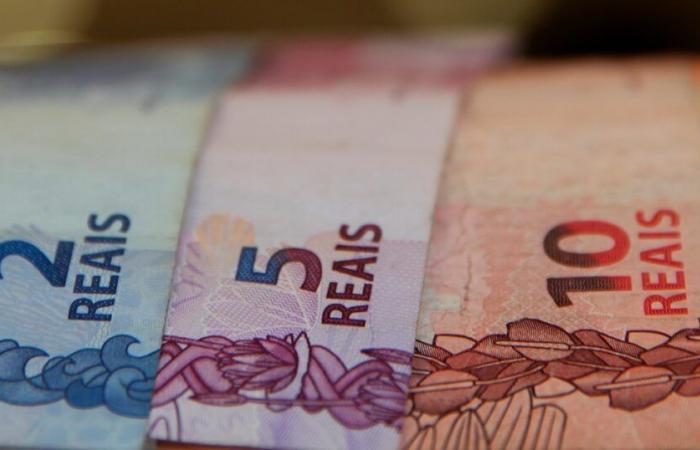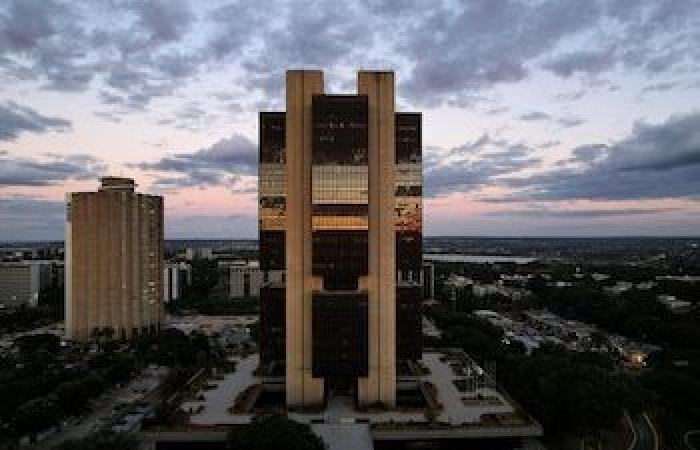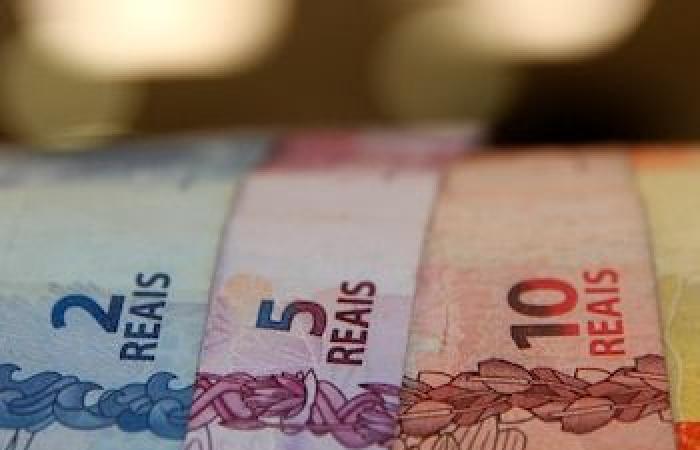He Central Bank of Brazil (BCB) its reference interest rate increased on Wednesday at half a percentage point, until 14,75%, Its highest level in almost 20 years, in an effort to contain inflation in the largest economy in Latin America.
The Monetary Policy Committee (COPOM) decided to apply the sixth consecutive rise to the rate, a measure that will be the coupling of the president’s calls Luiz Inácio Lula da Silvawho has been an open critic of high interest rates.
The leftist president argues that high rates prevent economic growth by making credit for consumers and investors.
After two days of meetings, the Central Bank realized a International setting “Adverse and particularly uncertain” Due to the commercial policy of USA.
“The external environment is adverse and particularly uncertain due to the economic situation and politics in the United States, particularly in regard to its commercial policy and its effects,” says the statement.
The committee justified in a statement its decision for inflation expectations for Brazil in 2025.
According to the Bank’s Focus survey, the indicator will be located at the end of the year in 5.5%, above the official goal (between 1.5% and 4.5%).
-
The rise was from the SELLIC was expected by most of the more than 100 financial institutions and consultants surveyed by the Economic Value, and places the reference rate at its highest level since July 2006.
“Inflation is still out of the goal, the inflation of very high services, above 6%, the labor market is still overheated,” summarized the economist AFP Mauro Rochlin, Academic Coordinator of the Getulio Vargas Foundation (FGV).
In March, prices in Brazil rose 5.48% compared to the same month of 2024.
Analysts argue that Persistent inflation partly explains Lula’s popularity fall to the lowest level in its three mandateS, with an approval rate of only 24%, according to a survey published in February by the Datafolha Institute.
He increase in the cost of food It has been a crucial factor in the inflationary rebound, which led the government to announce in early March measures such as the elimination of import tariffs on products such as meat, sugar and coffee.
But the increase in Selic rate also occurs when Brazil shows some good economic indicators, with an unemployment of 7% in the first quarter of 2025 – the minor for this period since 2014 – and an economic growth of 3.4% in 2024, its best performance since 2021.
(With information D AFP and EFE)








